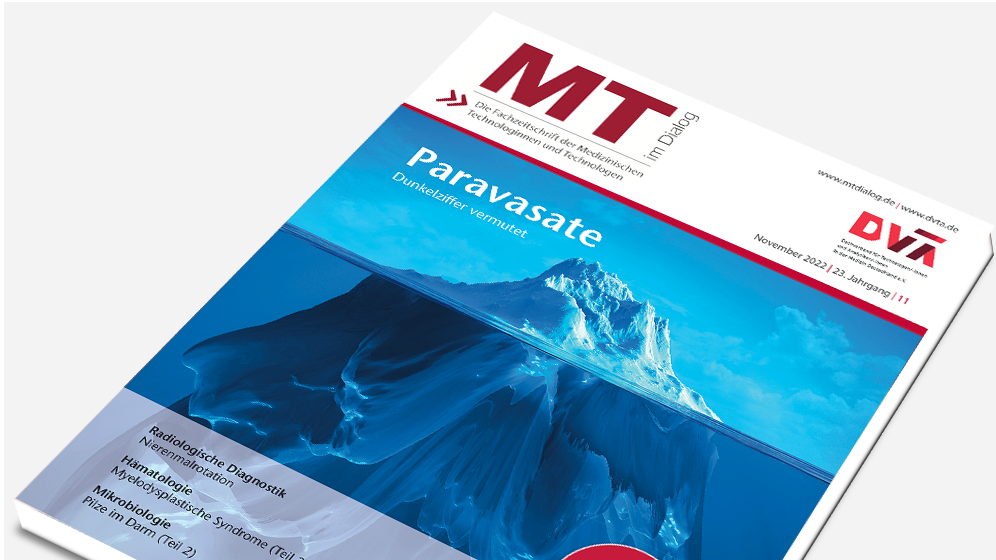What is horse flu and how is it spread?
Equine influenza is highly infectious and spreads very rapidly. In non-immunized horse populations, the infection rate can be up to 100 %. Main occasions of spreading are equestrian sports events as well as conformation shows and horse markets. The virus is mostly transmitted via aerosols. Infection via other vectors such as dust, food, other animals or contact persons is also possible but less common. The excretion of the virus takes place during the incubation time which lasts twelve hours to five days after contagion and within the first five days after the appearance of clinical symptoms. However, it can continue for up to ten days more, even if the animal appears to have recovered.
Equine influenza attacks the upper and lower respiratory…
Dann nutzen Sie jetzt unser Probe-Abonnement mit 3 Ausgaben zum Kennenlernpreis von € 19,90.
Jetzt Abonnent werden

